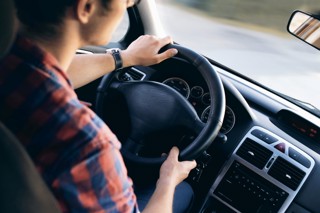Fleets need to be aware of the growing impact of the Covid-19 pandemic on mental health and subsequent safety risks to drivers, says FleetCheck.
The warning follows a new poll from the Mail on Sunday, which revealed that 40% of people believed their mental health had become worse during the pandemic.
Peter Golding, managing director at FleetCheck, said: “This is just the latest in a series of polls and pieces of research showing how the last nine months have had a very negative effect on the mental health of many, many people.
“We know that mental health problems of all kinds can have an impact on driver performance on the road. With people saying that feelings of anxiety, stress and depression are particularly apparent, there is a genuine case for fleets to act.”
Golding says employers should be fulfilling their basic requirement of checking that drivers are fit to drive, and mental wellbeing should be part of the assessment.
He said: “It should be taken as a given that anyone who feels that their mental health has deteriorated to a point where they should not be driving should be taken seriously, and employers should also make it clear that such situations will be dealt with sympathetically.
“Probably the starting point for most fleets would be to seek professional human resources and medical guidance in order to ask drivers a few questions regularly in order to flag up any immediate issues that need attention.”
At the Fleet200 Executive Club virtual meeting in November, 2020, fleets discussed how Covid-19 caused a rise in drivers' mental health issues. They also discussed how it impacted their operations and the changes they have implemented.
In an interview with Fleet News, behavioural sciences researcher at the Transport Research Laboratory (TRL), Rosie Sharp, said driver engagement could be key in improving mental health and wellbeing of drivers.
FleetCheck was examining the introduction of basic mental health tools into its Vehicle Inspection App, which incorporated questions about the driver’s health, as well as daily walkaround safety checks, says Golding.
Golding said: “We modified the app last year to cover coronavirus symptoms and now seems like a good moment to add further questions about mental health. We are taking advice and hope to be able to do this soon.”























Login to comment
Comments
No comments have been made yet.